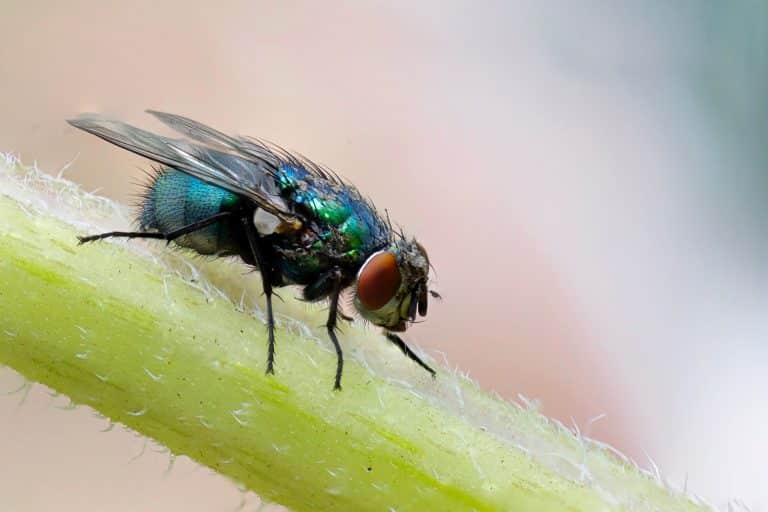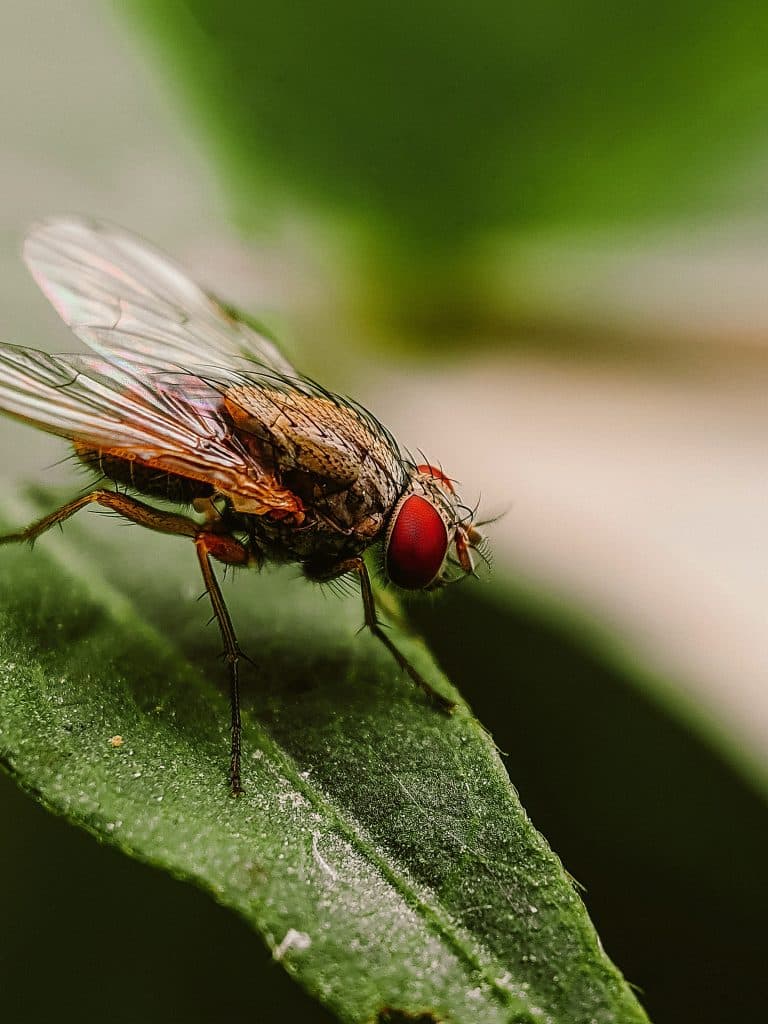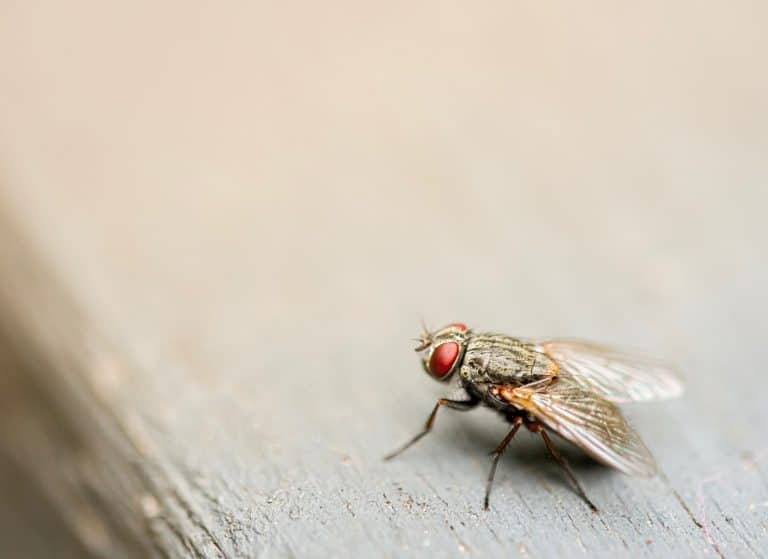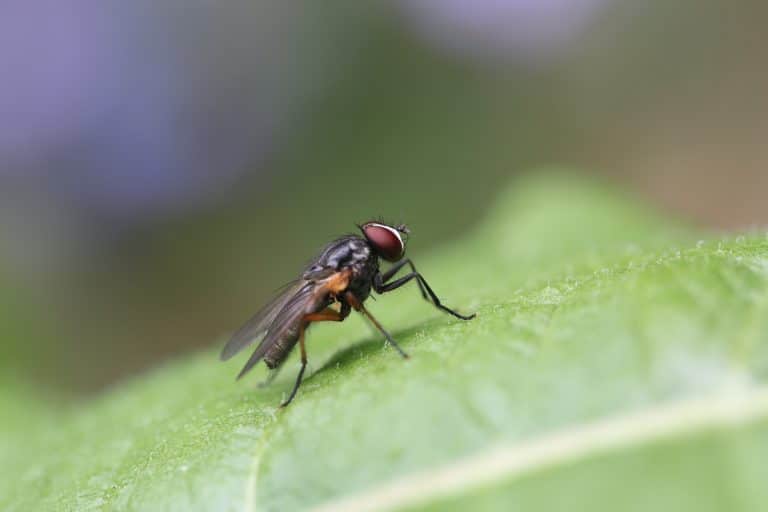Fly Control
As mercury soars during the summer season in Sydney NSW, the prevalence of flies transforms from a mere irritant to a genuine health hazard. In this resource, we’ll delve into the challenges of managing these airborne nuisances, providing you with valuable insights, proven techniques, and expert guidance to ensure your home remains a fly-free sanctuary. Explore the intricacies of fly control in Sydney with us, and learn how to effectively shield your space from these uninvited guests.

The Importance of Fly Control
Fly control is essential for several reasons, including public health, comfort, and property protection. The following are some key factors that highlight the importance of effective fly control:
Public Health – Flies are notorious for carrying and spreading numerous pathogens responsible for diseases, including bacteria, viruses, and parasites. As they traverse from one surface to another, they can contaminate food, kitchenware, and other surfaces, heightening the risk of foodborne illnesses and various health problems. Employing efficient fly control methods can greatly diminish the likelihood of disease spread and safeguard public health.
Comfort and Well-being – Flies can be a source of discomfort and annoyance to humans and animals alike. They can disrupt daily activities, interfere with food preparation, and even cause distress to livestock. Effective fly control can help maintain a comfortable and stress-free environment for everyone.
Damage to Property and Goods – Flies can cause damage to property and goods in various ways. For example, they can spoil food, contaminate products, and even cause physical damage to structures by laying eggs in materials like insulation or wood. In commercial settings, a fly infestation can lead to financial losses, a damaged reputation, and potential legal issues. By controlling fly populations, you can protect your property, goods, and investments.
Aesthetic Reasons – A fly infestation can be visually unappealing and disagreeable, leaving a poor impression on visitors, clients, or inhabitants. By keeping a neat, fly-free space, you can enhance your property’s overall appearance and foster a favorable impression.
Preventing Infestations – Implementing proactive fly control measures is critical to prevent infestations from gaining a foothold. Eradicating an established fly infestation can be challenging and time-consuming. By taking preventive steps, you can bypass the need for more intrusive and expensive treatments down the line.
Fly control plays a vital role in safeguarding public health, promoting comfort and well-being, preserving property and merchandise, and maintaining a pleasant appearance. Collaborating with a professional pest control company in Sydney allows you to create a well-rounded fly control plan tailored to your unique requirements, ensuring a fly-free environment.
Do you have a fly problem?
Comprehensive Fly Control
Chemical Control
Insecticides – Insecticides are chemicals specifically formulated to target and eliminate pests, including flies. Our team of experts carefully selects insecticides that are both effective and safe for use in various environments. We utilize products with low toxicity to humans, pets, and the environment while ensuring that they effectively control fly populations.
Bait stations – Bait stations are another effective chemical control method for managing fly infestations. These stations contain a combination of attractive substances, such as food-based materials, and insecticides. Flies are drawn to the bait, consume it, and subsequently die. Our skilled technicians strategically place bait stations in areas where flies are most active, ensuring optimal results.
Residual sprays – Residual sprays are long-lasting insecticides that continue to work for an extended period after application. When applied to surfaces, they create a barrier that kills flies upon contact. Our team uses residual sprays to treat high-traffic areas and entry points, preventing flies from entering your property and reducing their numbers over time.
Space sprays – Space sprays are aerosol insecticides designed to target flying insects in the air. They are particularly useful in controlling adult flies in indoor and outdoor spaces. Our technicians carefully apply space sprays in areas with high fly activity, ensuring quick and efficient elimination of these pests. By combining space sprays with other chemical control methods, we can provide a comprehensive fly control solution tailored to your specific needs.

Take Back Control Now
Biological Pest Management
Parasitic wasps – Parasitic wasps are a natural enemy of flies and can be an effective biological control method. These small wasps lay their eggs inside fly pupae, and the developing wasp larvae consume the fly from the inside, killing it in the process. By releasing parasitic wasps in areas with high fly populations, we can help control the pest numbers naturally and with minimal environmental impact.
Predatory mites – Predatory mites are another biological control agent used to manage fly populations. Some mite species are known to prey on fly eggs and larvae, preventing them from developing into adult flies. By introducing predatory mites into areas with fly infestations, we can help control their numbers and reduce the need for chemical treatments.
Nematodes – Nematodes are microscopic, worm-like organisms that can be used as a biological control method for flies. Some nematode species are natural predators of fly larvae, invading their bodies and releasing bacteria that kill the host. The nematodes then reproduce inside the dead fly larvae, increasing their numbers and continuing to target other fly larvae in the area. This method is particularly useful for controlling flies in soil and other breeding sites.
By employing these biological control methods, we can effectively manage fly populations while minimizing the use of chemical treatments. This eco-friendly approach is safe for humans, pets, and the environment, making it an attractive option for those looking to control flies with minimal environmental impact. Our team of experts will work with you to determine the most appropriate biological control methods for your specific fly infestation, ensuring a safe and efficient solution. Call Safe Pest Control on 1300 119 085.
Cultural Insect Control Methods for Fly Infestations
Cultural Control
Sanitation – Proper sanitation is a critical component of effective fly control. Flies are attracted to food sources, garbage, and animal waste, so maintaining a clean environment can significantly reduce the likelihood of a fly infestation. Our team will guide you on best practices for maintaining cleanliness, such as regularly emptying trash cans, cleaning up spills, and properly storing food. Implementing a strict sanitation regimen can deter flies and make your property less inviting to them.
Exclusion – Exclusion techniques involve preventing flies from entering your property. This can be achieved by sealing gaps and cracks, installing window screens, and ensuring doors and windows are properly fitted. Our team will assess your property and provide recommendations for effective exclusion methods, helping to keep flies out and reduce the chance of infestation.
Habitat modification – Habitat modification involves altering the environment to make it less conducive to fly breeding and activity. This can include reducing moisture in areas where flies might breed, eliminating standing water, and properly managing compost piles and manure. Our experts will work with you to identify potential fly breeding sites on your property and provide guidance on how to make these areas less suitable for flies.
By combining sanitation, exclusion, and habitat modification strategies, you can create an environment that is less appealing to flies and significantly reduce the likelihood of an infestation. Our team is committed to working closely with you to develop a customized fly prevention plan tailored to your specific needs, ensuring a proactive approach to keeping your property fly-free.


OUR SYDNEY CUSTOMER FEEDBACK
Common Type of Flies in Australia
In Australia, there are several common types of flies that can cause problems for residents and businesses. Some of the most prevalent species include:
- House flies (Musca domestica): These are the most common type of flies found around homes and businesses. They are attracted to a variety of food sources and can transmit diseases.
- Bush flies (Musca vetustissima): Bush flies are prevalent in rural areas of Australia and are known for their persistent, annoying behavior around humans and animals.
- Blowflies (Calliphoridae family): These flies are known for their metallic blue, green, or black appearance and are attracted to decaying organic matter, where they lay their eggs. They can cause myiasis in animals and are also vectors for various diseases.
- Fruit flies (Drosophilidae family): These small flies are attracted to ripe and fermenting fruit, as well as other sweet substances. They can be a significant pest in homes and gardens, as well as in the agricultural industry.
- Horse flies (Tabanidae family): These large, biting flies can be a nuisance to both humans and animals. They are known for their painful bite, which can cause allergic reactions in some people.
- Stable flies (Stomoxys calcitrans): Stable flies are biting flies that primarily target livestock, causing irritation and stress in animals. They can also bite humans, though they are not as common in residential areas.
- Cluster flies (Pollenia spp.): These flies are known for their habit of clustering together in large numbers, often indoors. They do not pose a significant health risk but can be a nuisance when they congregate in homes or buildings.
- Drain flies (Psychodidae family): Also known as moth flies or sewer flies, drain flies breed in stagnant water and organic matter found in drains and pipes. They are usually not harmful but can be a nuisance in large numbers.
While these are some of the most common fly species in Australia, there are many other types of flies present in the country. Effective fly control measures should be tailored to the specific species causing problems in your area.
